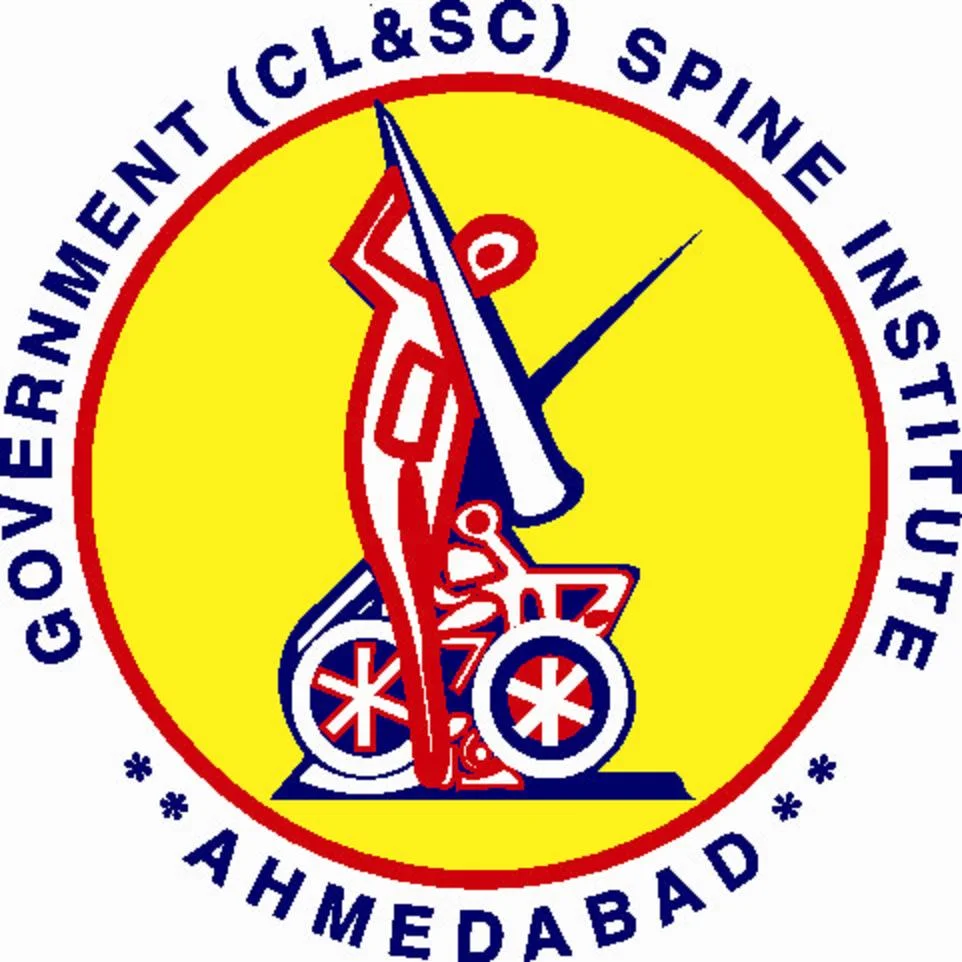The Quality Improvement programme promotes and demonstrates use of innovations to improve process efficiency and effectiveness which are as follows for both clinical and managerial processes
To reduce Post Discharge Morbidity, Mortality & Complications reduced
- Pre vocational assessment
- Vocational training
- Vocational Aids with the help of NGOs
- Paraplegia Safari
- Increased longevity of these patients & social and vocational re- establishment
- Pension scheme for earth quake victims of 2001
- Air mattresses to all discharge patients
Average length of stay- tremendously decreased 8-12 months to 36 days.
- For fast rehabilitation Plastic surgery for bed sore management.
- Health care associated infection monitoring and prevention and control
- Airbed to all indoor patients
To Improve Patient Safety
- Patients safety initiatives – belt, ramp, disable friendly toilets,
- Barrier free environment for differently abled patients
- Regular safety audits and action taken accordingly
Cost reduction & Environment friendly measure
- Eco friendly toilet to recycle the waste water RO in toilet and gardening and landscaping
- Solar plant for geyser etc
- Solar roof top
- Energy audits to reduce electricity usage
- Rain water harvesting
Other initiatives
- Jaipur Foot Centre
- Polo car for safe patient transfer
MOBILITY AND VOCATIONAL AID: NGOS/ADIP SCHEME/RKS
- Daily vocational training as per their need and assessment
- Jaipur Foot Centre
- Psychomotor Lab-For training of Orthopaedic Surgeons
- Club Foot project
SPECIAL INITIATIVES
- Jaipur Foot Centre
- Vocational Aid Project
- Cure Club Foot International
- Psychomotor Laboratory
- PMR Department
- Life time pension scheme for earthquake victims of 2001.
- Ghodiya Ghar
- Audiometric Room
COMMUNITY ACTIVITIES
- Patients irrespective of religion, race, urban or rural or from Gujarat or from other states are given treatment free of cost.
- Below poverty line (B.P.L.) patients are given free treatment & aids.
- SC/ST & senior citizens, school children’s under school health programme are also given treatment & aids free of cost
- Food, medicines for all indoor patients are given free of cost.
- At the time of discharge, patients are given vocational aids, wheel chairs/tricycles free of cost through voluntary organizations/or from individual donors.
- Patients registered under GSI are provided free medicines, high protein diet also apart from hospital supply during their hospitalisation and after discharge, aids and appliances , vocational kit and its training which is provided during the patient hospitalisation, air bed if needed , clothes etc
- All the national and regional festivals are celebrated and patients are provided aids and appliances, vocational kit etc through NGO/individual donor.
- All orphan patients are adopted by the institute and they provided attendant and provided treatment and care and vocation totally free of cost through NGO/ individual donor.
- OPD patient from far off places & outside state requiring stay for treatment are not admitted in the institute but are provided free of cost accommodation at nearby places through NGO/ individual donor.
- For patient recreational activities, appliances are provided free of cost through NGO/ individual donor
- For the patient relatives of indoor patients food supplied free of cost through NGO twice a day
- All the patient are provided disability certificate and the benefits like railway concession pass, compensation in insurance– Pension scheme only for earth quake victims of 2001
- For all amputees artificial limbs are provided free of cost.
- For the follow up at the door step. Paraplegia Safaris are organised every six monthly as a part of patient outreach activities.
- Camps are also organized for treatment and rehabilitation and vocation regularly.
Following clinical audits are conducted
- Monitoring of Effect of epidural analgesia in the spasticity, pain and activity of daily living in spinal cord injury patients
- Management of Pressure Sore by non surgical and surgical interventions and its monitoring
- Monitoring of antibiotic usage and adherence to antimicrobial policy.
- Monitoring of Nursing Handovers
- Monitoring of Medicine Reconciliation
- Depression status monitoring at the time of discharge

